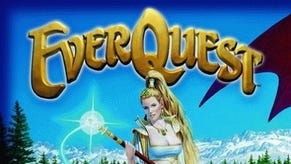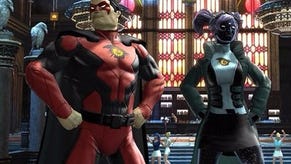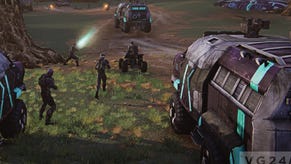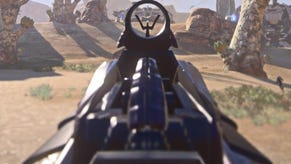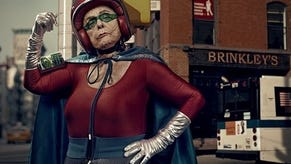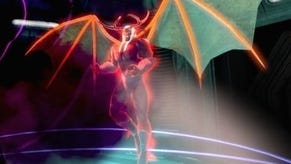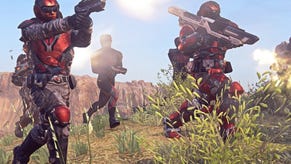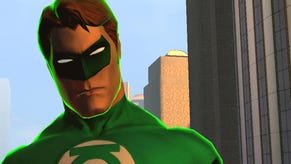DC Universe Online
SOE Austin's John Blakely.
As vice president of development at Sony Online Entertainment's Austin studio, John Blakely has seen the release of both licensed MMOs, with Star Wars Galaxies, and console MMOs, like EverQuest Online Adventures for the PS2. Now, as executive producer on the studio's forthcoming DC Universe Online, due out for both PS3 and PC, he has to do both at once. We caught up with him at SOE's Las Vegas Fan Faire to see how the game is progressing, and discuss the current state of the MMO scene.
It's a business decision. We look at what's going on and say, "Hey, look, there are audiences for content." Some of those audiences are going to be bigger than others and some of them are going to carry others, but as long as the audience is there and the product is there, it takes so long to create these products, we may as well continue to serve that audience.
The terminology around MMOs has even changed. When I worked on EverQuest II, we talked about "shipping" the game. Now we want to "launch" them. It's akin to building a ship and then travelling on a long journey with your players. It doesn't mean that it's always going to be perfect and it's always going to be finished, but you have to make sure the keel is water-tight.
When you're making a single-player game, you get a regular chance to make improvements with sequels. Whereas every decision we make, regardless of when we made those decisions, we have to live with them. There are repercussions, positive or negative, for changing them, and we've had both. There's no business I know where I'm dealing with products people made decisions about eight years ago, and I'm still living with those decisions.
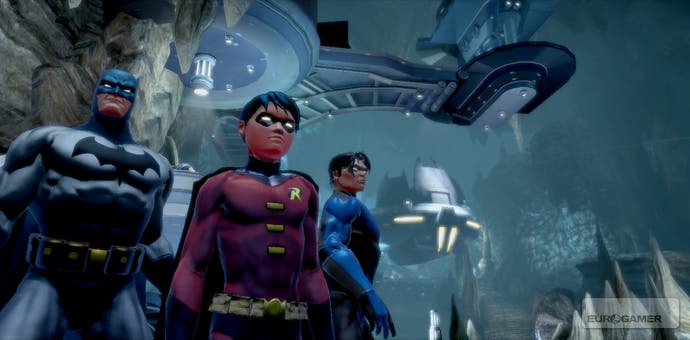
One of the things I preach to the team is, we need to be nimble; part of that is really listening to feedback from the players. Right now, we're the experts on DCUO, but when we launch, they become the experts. It's about harvesting the feedback, and working out how to apply that. It's changing from creators to participants: how we manage this product, and how do make sure the audience is happy, rather than saying, "this is our creative vision", and then trying to shove it down somebody's throat.
Our studio in Austin is much less impacted by this kind of thing, because we already work with partners, like LucasArts. So we're already used to having to go through extra approval processes. I had a rough start when I started working on Galaxies. People would say, "Can you patch this?" and I'd agree, and I didn't really think to ask our partners, and then they call me up and say, "Excuse me? What the heck is going on here?" Certainly the console adds an additional step to that, but it's not going to be disruptive to our culture.
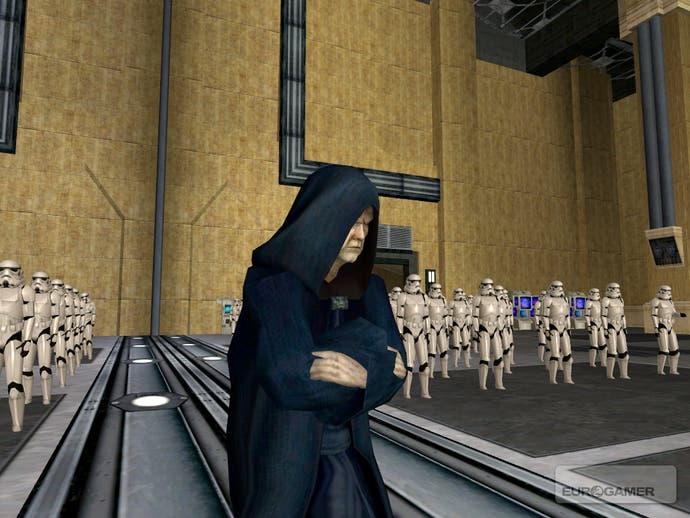
It couldn't have gone better. One of the things we felt with this is that you can only talk about it so much, the most effective way to talk about the core of the product is to get people to try it and play it. Comic-Con was really a great reaction, but it was scary for us. I was losing sleep. As a producer, I had to make a few decisions early on in the project, so I was like a proud father: nervous. But with the first five minutes I knew we were going to have a good showing. People were coming in and picking up the controller, younger fans, older fans, male and female, and they were engaged immediately.


